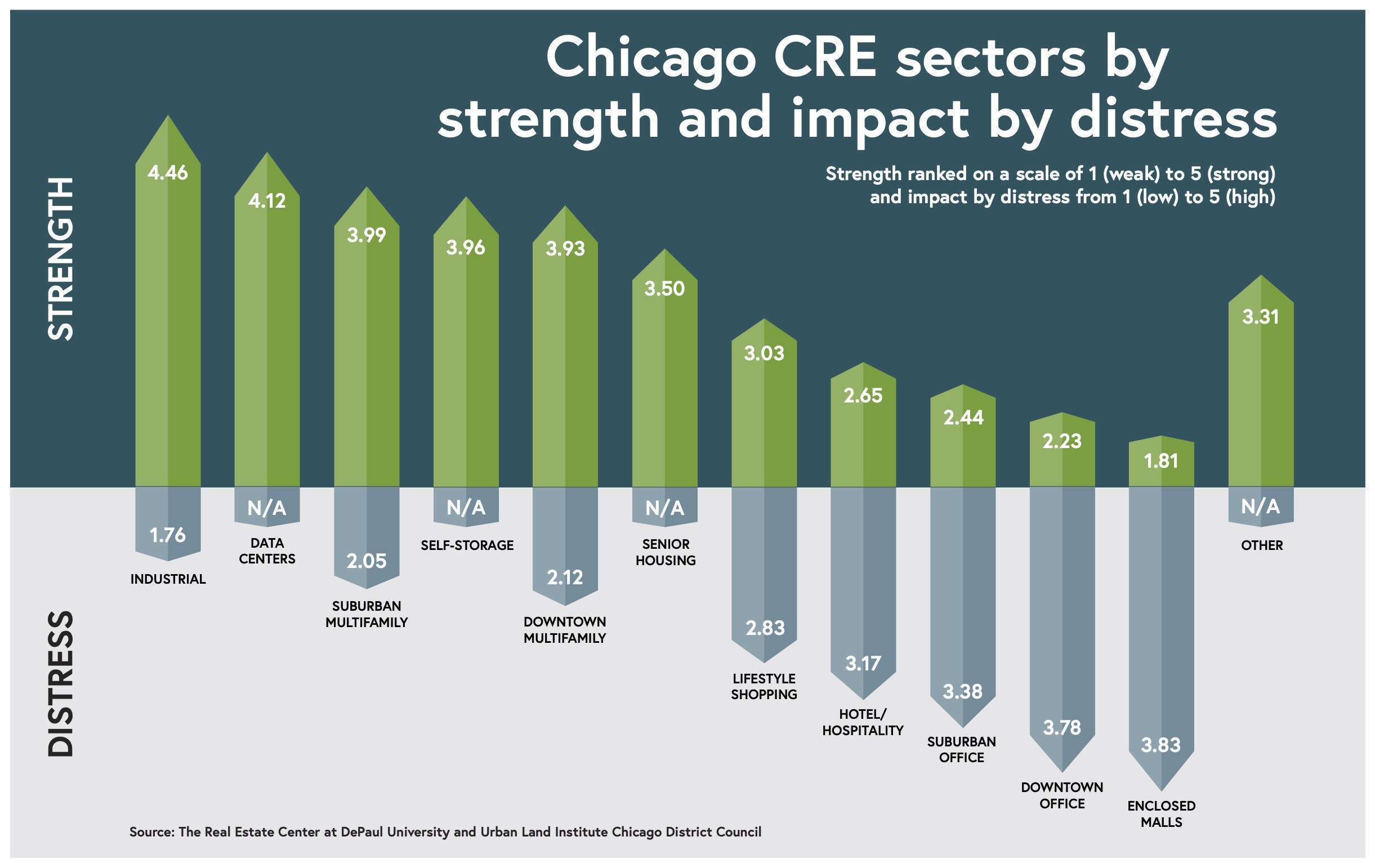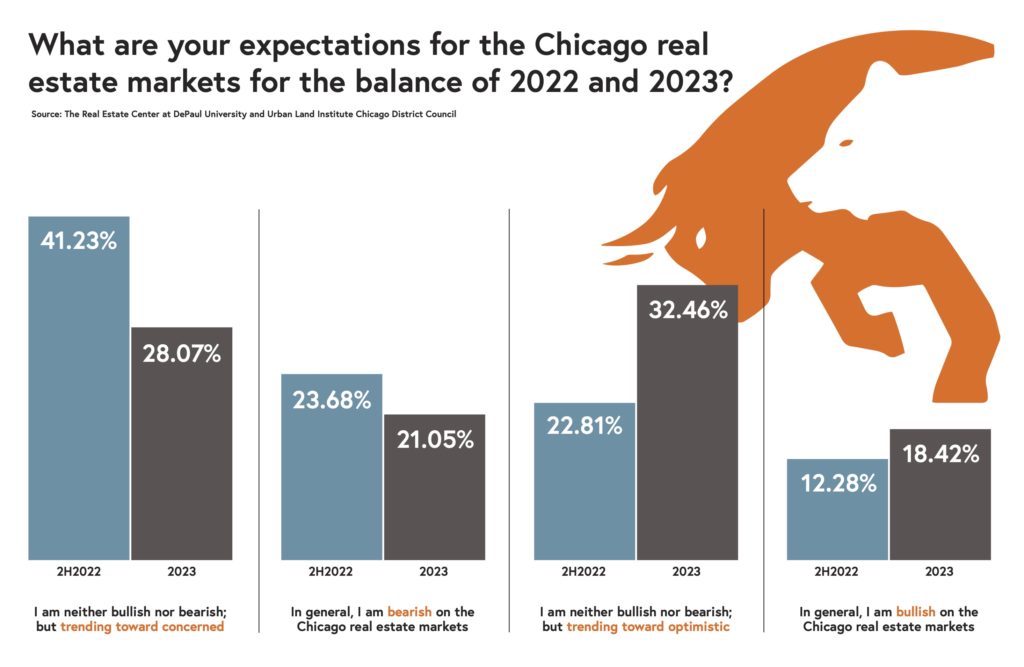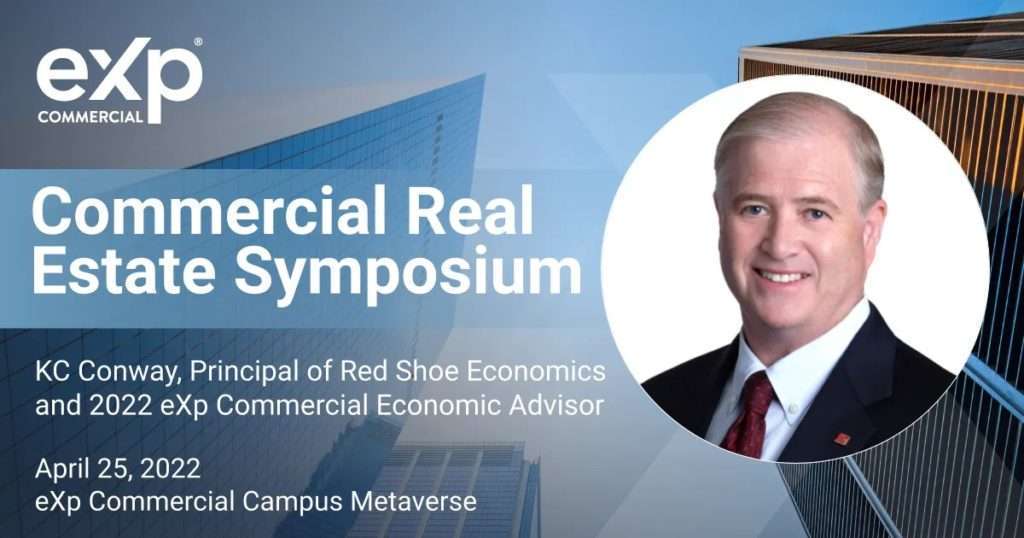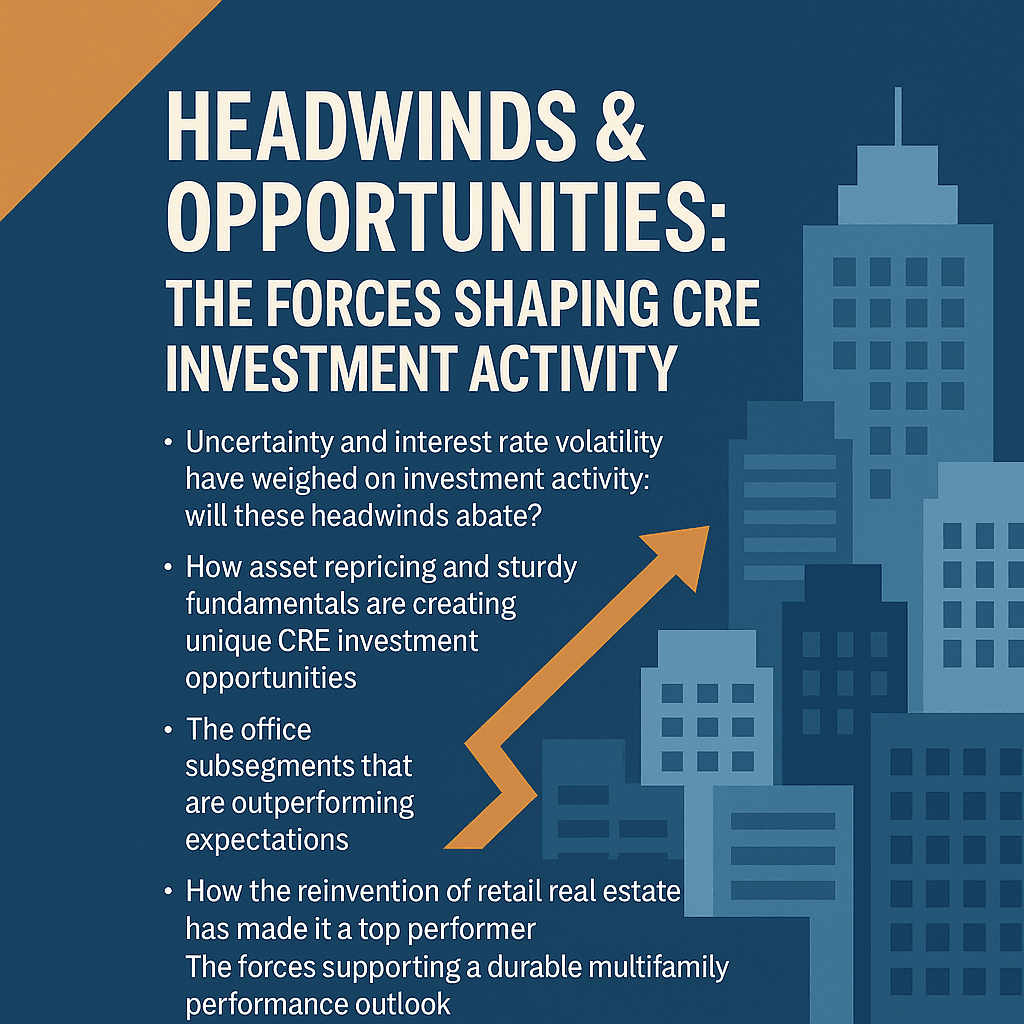
Transactions will still get done but price discovery is likely as buyers and sellers adjust to a new reality.
As economic headwinds mount, the big question on many industry watchers’ lips is whether certain high-flying asset classes will return down to earth.
Continuing rate hikes from the Fed, together with rising inflation and a tense geopolitical picture, have some multifamily investors taking a somewhat more cautious approach to asset acquisitions than since the onset of the pandemic. While vacancy remains about 100 basis points below the norm in most markets, investors and operators see a “more uncertain outlook,” according to analysts from Northmarq.
“Inflation is proving to be a persistent challenge, and rising price levels spill over into nearly every segment of the economy, including the rental markets,” the Northmarq report, which takes a look at the multifamily market as of mid-year, states. Inflation had been running below 1.5% toward the end of 2020, but pressures began to mount early last year as the economy began to reopen. Armed in some cases with ample stimulus funds, Americans began shopping, dining out and traveling — and inflation responded in kind. Annual rates of inflation averaged 5.3% from May through September last year, according to Northmarq, before beginning a precipitous climb that saw inflation hit 7% by December.
“The initial thought was that rising prices were transitory, but that view gave way when oil prices spiked following the Russian invasion of Ukraine,” the Northmarq report notes. “Inflation has now reached 40-year highs, with annual rates of increase spiking above 8 percent in each monthly reading since March, before topping 9 percent in June. The trend of rising prices continued at the outset of the second half; CPI was up 8.5 percent year over year as of July.”
Following a 75-basis point hike in July — the Fed’s second at that level this year — interest rates remain higher than the levels to which the American consumer has grown accustomed since the Great Financial Crisis. But against that backdrop, the labor market remains strong: unemployment is low, job openings are high, and hiring is clamoring at a rapid clip. And that’s resulted in upward pressure on wages: as of July 2022, average wages had increased by 5.2% year over year.
Northmarq analysts do caution that the labor market is typically viewed as a lagging indicator and note that the pace of hiring appears to be slowing. But while “some industries will likely record layoffs, on the whole, the labor market is forecast to end the year on stable footing,” they say.
Against that backdrop, multifamily fundamentals are still booming — but that trend is likely to stabilize going forward. Take vacancy, for example, the sector saw vacancy tick down 20 basis points to 4.2 percent in the first half of the year, and year over year, vacancy has dropped 60 basis points. But “while operating conditions are healthy, it is unlikely that the vacancy rate will trend much lower in the coming quarters. More likely, the rate will remain fairly close to current ranges or could creep higher, particularly in markets where the pace of deliveries rebounds after the minimal construction activity in recent years,” Northmarq analysts say. ”In the near-term, the slowing pace of employment growth should result in a more measured rate of new household formation and absorption of units.”
So-called “doubling up,” when renters add roommates, could also drag on absorption this year. Northmarq analysts note that nearly half of all renter households spend more than 30 percent of their incomes on rent, with about one quarter spending more than 50 percent. So “with the economy slowing, and prices rising across the board, some current renters may conclude sharing an apartment unit with a roommate may be the best way to offset rising costs,” the analysts say.
The accelerating pace of construction is also expected to bring supply and demand into greater balance. The development pipeline is predicted to stay high into 2024 at the lease, and projects with more than 750,000 units are currently under construction nationwide, an increase of more than 20% between 2020 and 2021.
From an investor perspective, Northmarq predicts sales velocity will be impacted by rising capital costs and more conservative underwriting, at least for the type of value-add deals that led the way in 2021.
“While activity has picked up in smaller markets, investors continued to target high-growth metro areas when making acquisitions,” the report notes, adding that top markets for sales velocity during the first half of this year included Dallas-Fort Worth, Atlanta, and Phoenix.
Ultimately, “after an extended period of elevated and accelerating transaction volume, the multifamily investment market is expected to level off in the second half of the year,” Northmarq analysts say. “Transactions will still get done, although the investment climate will likely be less competitive than in the past 12-18 months. The most likely scenario is buyers and sellers will undergo a period of price discovery in the coming months, as all parties adjust to the reality of higher borrowing costs and the potential for a slower pace of economic growth.”
Rising interest rates and inflation are already leading some multifamily assets to trade at as much of a 20% discount, said Mory Barak, Co-Founder and Managing Principal of Lion Real Estate Group, which recently announced the closing of its latest multifamily fund.
“The overall health of this sector is very strong, with higher occupancy rates and lower rent volatility than other real asset classes,” Barak said.







